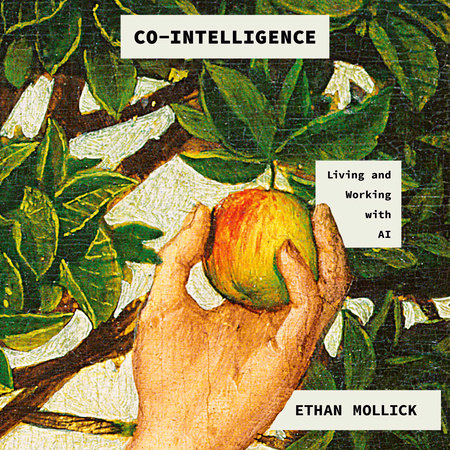-

Transparency of AI usage in academic work and the Grammarly Authorship model
Transparency in academic work is paramount, particularly regarding using AI tools in educational settings. By fostering an environment of transparency, we can build trust, ensure integrity, and maximise the benefits of AI in universities while mitigating potential risks. This transparency involves an open declaration of AI tool usage, a clear distinction between AI and human…
-

ASCILITE 2024 Conference Review
The Australasian Society for Computers in Learning in Tertiary Education (ASCILITE) conference is the premier scholarly event in Australia and New Zealand for tertiary educators interested in technology-enhanced learning. The diverse range of presentations, panels, and workshops explored the latest trends and innovations in the field. Three prominent themes emerged from the conference: Generative AI,…
-

Three assessment examples using AI tools
The following assessments utilise AI tools to help students exhibit higher-order thinking skills. They are designed to evaluate student learning in ways that align with contemporary needs. These assessments focus on tasks requiring students to apply their knowledge in meaningful contexts rather than relying on traditional assessments that often overlook essential skills such as teamwork.…
-

Ten Competencies for Teachers in Higher Education, Post-AI
This sounds like much work, but these ten competencies may serve as a light on the hill for professional development on the “jaded edge” of AI in education. This is a noisy space, and an excellent way to move forward is through developing new skills and augmenting hard-earned older ones in critical areas. I will…
-

Review of (some) debates in AI and Assessment
Since the public release of general-purpose AI tools in November 2022, the role of these technologies in educational assessment has become a significant point of discussion among educators. There is a growing consensus that thoughtful integration of AI into educational practices is essential. The goal is to equip students with the knowledge and skills to…
-

Buckle Up: “Co-intelligence” is a wild ride
Ethan Mollick’s “Co-Intelligence: Living and Working with AI” (2024) is a stimulating departure from typical AI literature in education (i.e. the framework apocalypse). It explores less the technicalities of algorithms and more the human side of our interaction with these enigmatic new minds we’ve brought into existence. Mollick’s writing style is lively, conversational, and thought-provoking,…
